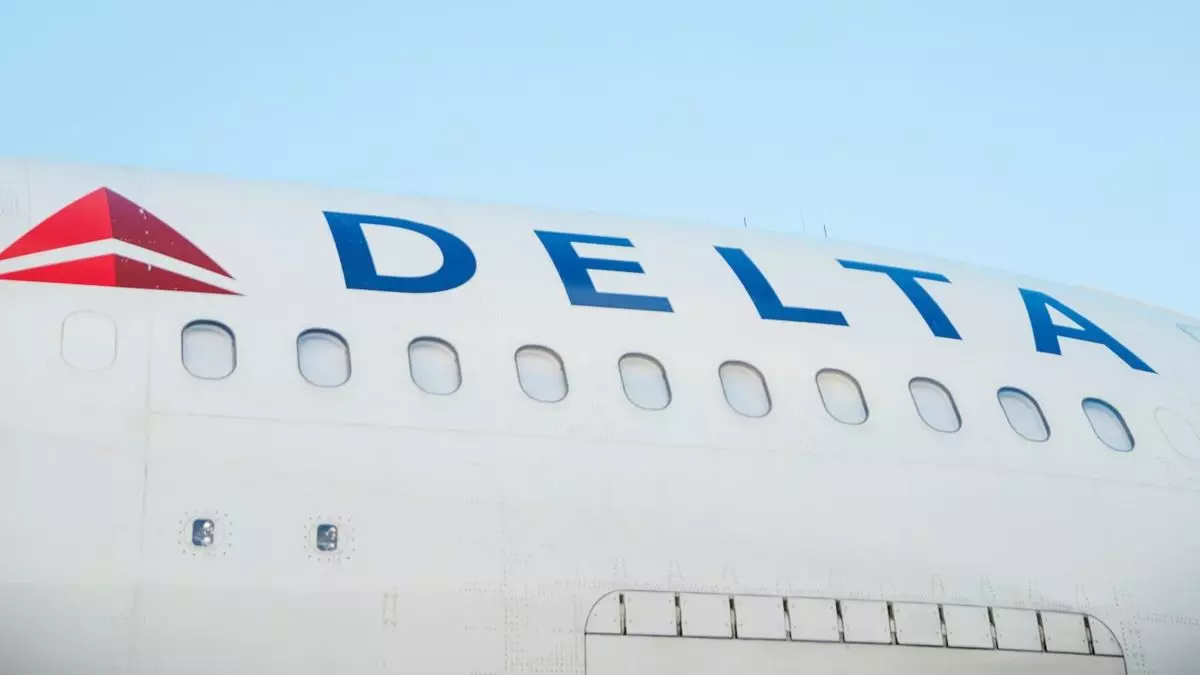In July, Delta faced significant challenges in terms of flight cancellations, marking a stark contrast to its usual track record of reliability. The airline, known for its efficiency in limiting cancellations, saw a drastic increase in its cancellation rate, jumping to 5.28% from 0.8% in June. This surge was primarily attributed to the slow recovery from the July 19 CrowdStrike outage, which had a cascading effect on Delta’s operations.
Delta was not the only airline impacted by the CrowdStrike outage. United, another major player in the U.S. aviation industry, also experienced a rise in cancellations, albeit to a lesser extent. However, Southwest emerged as a standout performer during this period, with a cancellation rate as low as 0.57%. This discrepancy underscores the varying degrees of operational resilience among airlines when faced with unforeseen challenges.
While cancellations received significant attention, it’s crucial to also consider the on-time performance of airlines during this tumultuous period. Despite leading in cancellations, Delta managed to maintain a relatively high on-time rate, coming in third after Alaska and United in North America. This indicates that while cancellations are disruptive, airlines can still strive to ensure punctuality for the flights that remain operational.
The incident involving the CrowdStrike outage serves as a valuable lesson for the aviation industry, highlighting the importance of robust IT systems and contingency plans. Airlines must continually reassess their operational strategies to enhance resiliency in the face of unforeseen disruptions. By learning from past experiences and implementing proactive measures, airlines can better navigate challenges and uphold their reputation for reliability.
The spike in flight cancellations experienced by U.S. airlines, particularly Delta and United, sheds light on the vulnerabilities inherent in the aviation industry. While setbacks are unavoidable, it is how airlines respond and adapt to these challenges that ultimately determines their success. By prioritizing operational efficiency, punctuality, and proactive risk management, airlines can strengthen their resilience and mitigate the impact of future disruptions.


Napsat komentář